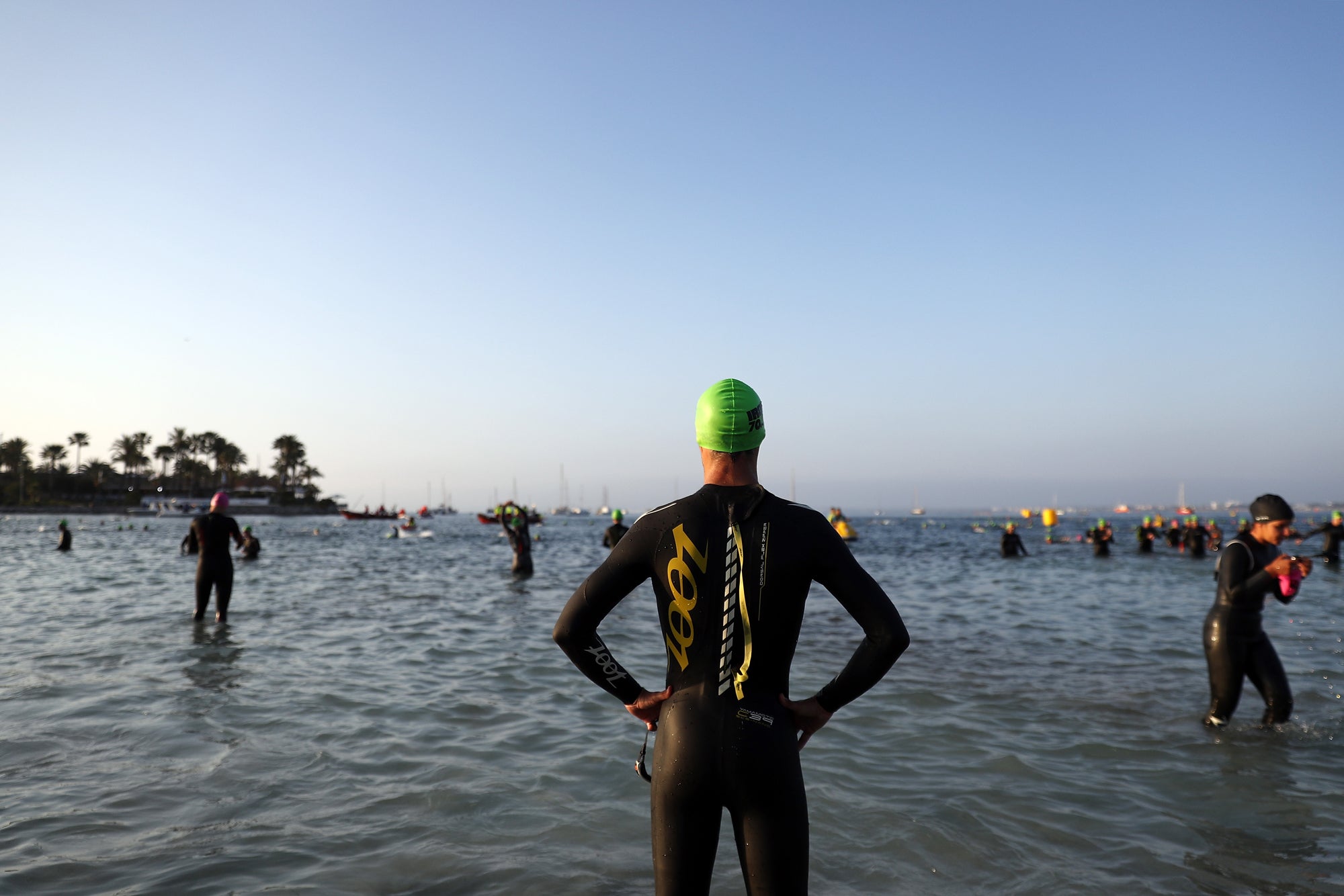Find the Best Triathlon to Match Your Personality

Photo: Bryn Lennon/Getty Images for Ironman
Ever wonder why you’re drawn to some types of races but not others? When it comes to picking goals, personality comes into play in a big way, says Christopher Stanley, a sport psychology researcher at Florida State University.
“Our personality—the traits and characteristics which include and influence attitudes and behaviors—plays a major role in how we view the world, as well as [how we] approach and respond to people, events, and experiences. It is reasonable to assume that an individual’s personality can impact their sport participation and experience in meaningful ways,” Stanley says.
In other words, certain personality traits can help explain why some athletes love riding their bikes for hours on end, while others see it as a grind. Personality traits drive motivation, and choosing the right goal increases one’s enjoyment in the sport.
“There is room for a variety of athletes, with a variety of personalities across the spectrum, to be successful,” Stanley says. “They can draw upon their particular strengths and traits to develop coping skills pertinent to their sport and situation.”
Take for example, the introversion/extraversion spectrum. Research indicates those with higher levels of extraversion are more open to risky experiences, while introverts, true to their name, prefer solitary pursuits. Task orientation is also a factor that should be considered in goal-setting: A person who is driven by outperforming others is going to enjoy a different kind of training than one who is focused on personal improvement. Consideration of these two factors can help athletes choose races that best fit their personality. The more you enjoy your goal, the more motivated you’ll be to train for it every day.
Just because your personality fits particular races doesn’t mean you’re confined to them forever. While it can be challenging to train for a race that goes against your personality type, it can also be good, Stanley says. “There are many opportunities for athletes to draw on elements of their personality and develop new mental skills and coping strategies to handle the unique aspects and challenges associated with sport.”
These adaptations increase mental toughness and a person’s ability to adapt and cope with challenges. Getting comfortable in uncomfortable situations requires us to flex a different set of mental muscles, making for a more resilient athlete. “Mental toughness can help athletes maintain confidence and determination, remain focused and on task, and thrive in competition settings,” Stanley says.
